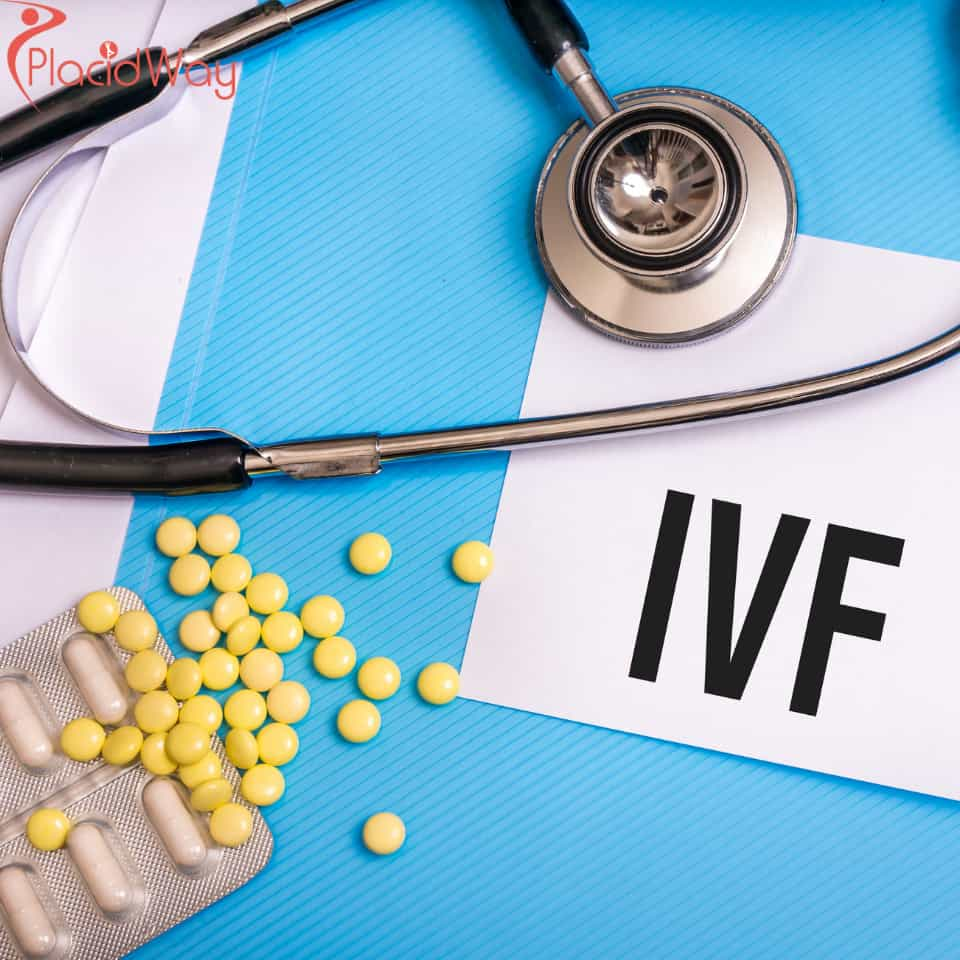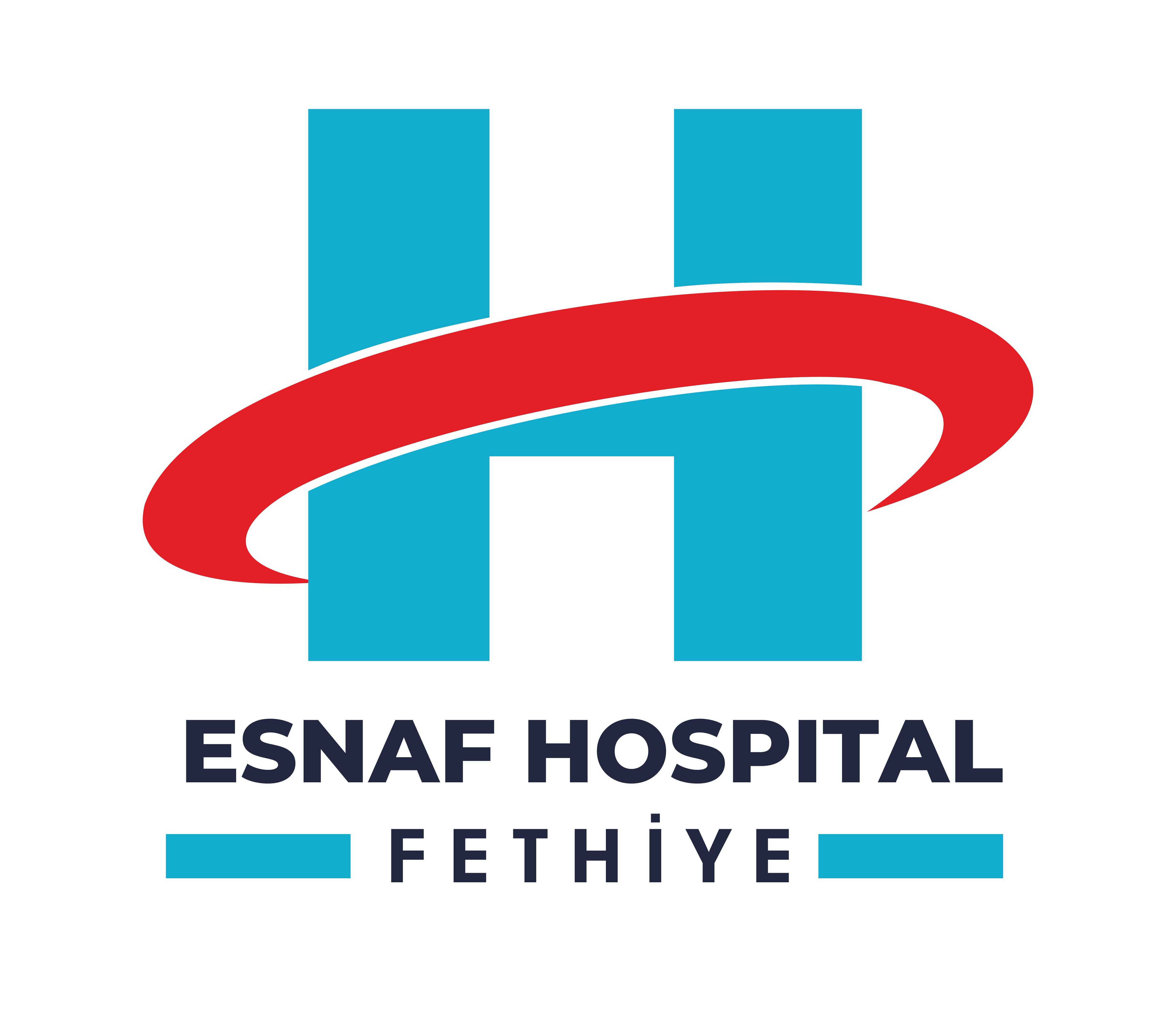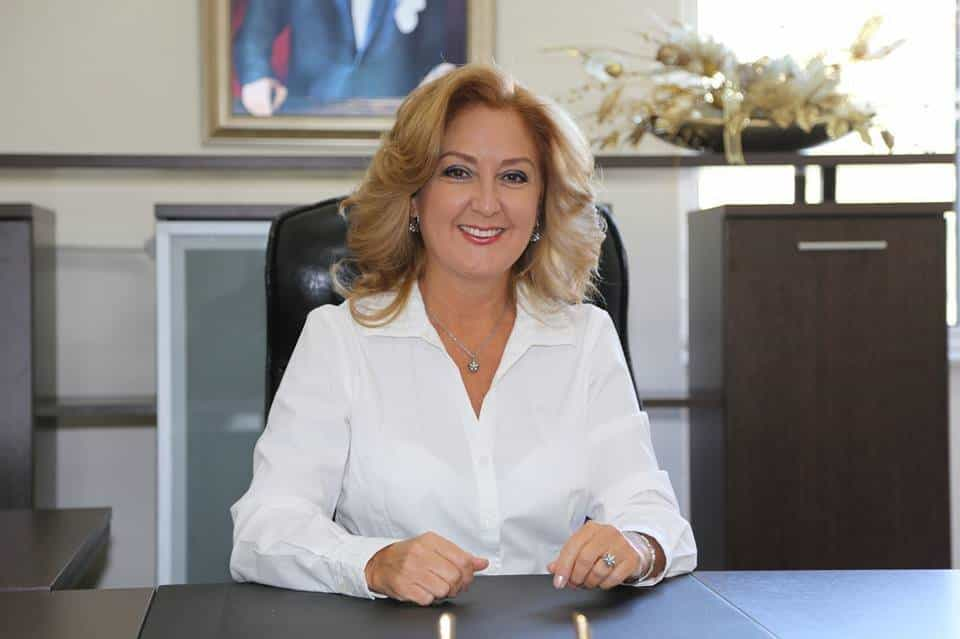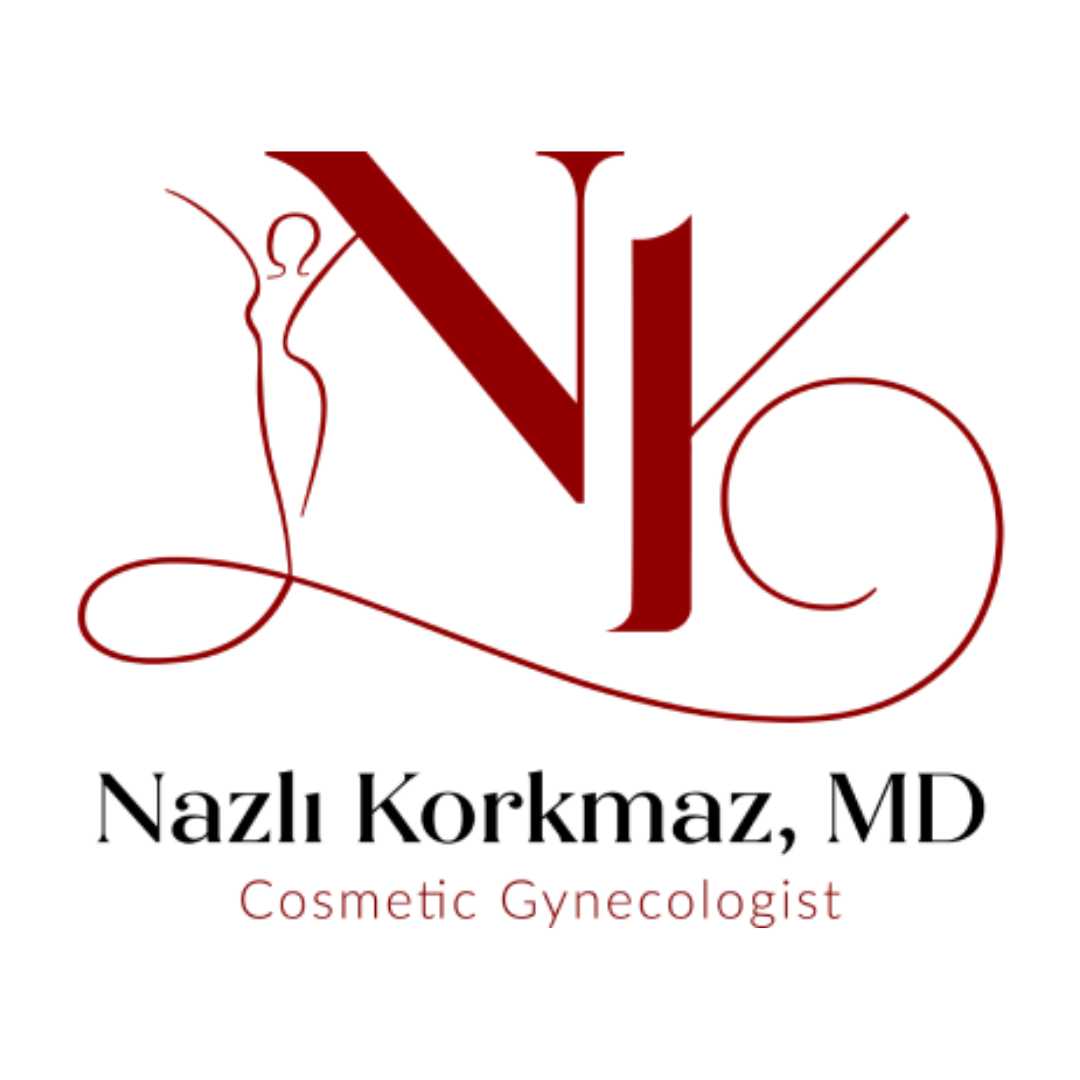
The journey to parenthood can be filled with hope, challenges, and deeply personal questions. For many couples from the Middle East, navigating the complexities of male infertility adds another layer to this journey. You are not alone, and advanced medical solutions are more accessible and affordable than ever. Turkey has emerged as a world-leading destination for fertility treatment, offering a unique combination of cutting-edge technology, exceptional medical expertise, and a legal and cultural environment that respects your values. This comprehensive guide is designed to answer all your questions about pursuing IVF, ICSI, and advanced male infertility treatments like Micro-TESE in Turkey, providing a clear path forward.
Key Takeaways
-
Affordability & Access: Turkey offers IVF and ICSI treatments at costs 50-70% lower than in the US, UK, or many GCC countries, with no waiting lists for international patients.
-
Male Infertility Expertise: Turkish clinics are renowned for advanced andrology services, including Micro-TESE (Microdissection TESE), a gold-standard procedure for men with non-obstructive azoospermia (no sperm in ejaculate).
-
Cultural & Legal Alignment: Turkish law mandates that IVF is only available to legally married heterosexual couples using their own gametes (eggs and sperm). Donor sperm, donor eggs, and surrogacy are strictly illegal, aligning with the religious and cultural values of many Middle Eastern families.
-
Average IVF Costs (Single Cycle):
-
Turkey: $2,500 - $4,000 (ICSI often included)
-
UAE (e.g., Dubai): $8,000 - $12,000
-
United States: $15,000 - $20,000+
-
United Kingdom: $10,000 - $15,000 (privately)
-
-
Specialized Procedure Costs in Turkey:
-
Micro-TESE (Surgical Sperm Retrieval): $1,500 - $3,000
-
PGT-A (Genetic Testing): $2,000 - $4,000
-
Why Choose Turkey for Fertility Treatment?
Turkey is a leading global destination for fertility care, especially for Middle Eastern couples, due to its combination of advanced medical technology, highly experienced specialists, significantly lower costs, and cultural familiarity. Its proximity to the GCC and MENA regions makes travel convenient and stress-free.
Turkey's position as a powerhouse in medical tourism is built on a foundation of excellence in healthcare. For couples navigating the complexities of infertility, particularly male factor infertility, Turkish clinics offer a compelling package:
-
Advanced Technology: Many top Turkish clinics are JCI (Joint Commission International) accredited, the highest global standard in healthcare. They utilize state-of-the-art embryology labs, time-lapse incubators (like EmbryoScope), and the latest genetic testing (PGT-A) and sperm selection (IMSI) techniques.
-
World-Class Specialists: Turkish andrologists (male infertility specialists) and gynecologists are often European or US-trained and have extensive experience in complex cases. They are particularly skilled in surgical sperm retrieval techniques.
-
Significant Cost Savings: The primary driver for many is affordability. A complete IVF cycle in Turkey, even with advanced procedures like ICSI, costs a fraction of what it would in Dubai, Riyadh, Abu Dhabi, or Western countries.
-
Geographic and Cultural Proximity: With short flights from across the Middle East, travel is simple. More importantly, the Muslim-majority culture, availability of halal amenities, and the presence of Arabic-speaking hospital coordinators create a comfortable and welcoming environment for patients.
-
No Waiting Lists: Unlike public health systems in some countries, private clinics in Turkey can begin your treatment almost immediately upon arrival.
Understanding Male Infertility: Causes and Diagnosis
Male infertility is a contributing factor in up to 50% of all infertility cases among couples. It is most often caused by problems with sperm production, blockages in the sperm transport system, or issues with sperm function. A comprehensive semen analysis is the first and most critical step in diagnosis.
For many couples, the infertility journey begins with a focus on the female partner, but understanding the male factor is equally crucial. In Turkish clinics, the diagnostic process for male factor infertility is thorough and precise.
Common Causes of Male Infertility
-
Sperm Production Issues (Azoospermia & Oligospermia): This is the most common cause.
-
Non-obstructive azoospermia: The testicles produce very few or no sperm, often due to hormonal, genetic, or unknown reasons.
-
Obstructive azoospermia: Sperm are produced but are blocked from exiting, often due to a past infection, surgery (like a vasectomy), or a genetic condition.
-
Oligospermia: A very low sperm count.
-
-
Poor Sperm Motility (Asthenospermia): Sperm do not swim correctly.
-
Abnormal Sperm Morphology (Teratospermia): Sperm have an abnormal shape, making it difficult to penetrate the egg.
-
Varicoceles: Swollen veins in the scrotum that can overheat the testicles and damage sperm.
-
Genetic Factors: Conditions like Klinefelter syndrome or Y-chromosome microdeletions can severely impact sperm production.
Diagnosis in Turkish Clinics
Your specialist in Turkey will likely start with a semen analysis to check sperm count, motility, and morphology. If results are abnormal, further tests are ordered:
-
Hormone Blood Tests: To check levels of testosterone and other hormones that control sperm production.
-
Scrotal Ultrasound: To look for varicoceles or blockages.
-
Genetic Testing: Blood tests to identify underlying genetic causes.
Did You Know?
Many men with "azoospermia" (zero sperm in their ejaculate) are still producing small amounts of sperm within the testicles. Advanced procedures, like Micro-TESE, are specifically designed to find and retrieve these viable sperm.
Advanced Male Infertility Treatments in Turkey
Turkish clinics excel in treatments for severe male infertility. The standard approach is IVF with ICSI, which bypasses most sperm-related issues. For men with no sperm in their ejaculate (azoospermia), Turkish urologists are masters of surgical sperm retrieval methods like TESE and Micro-TESE.
This is where Turkey's expertise truly shines. When male infertility is the primary barrier, standard IVF (where sperm and eggs are mixed in a dish) is often not enough.
ICSI (Intracytoplasmic Sperm Injection)
ICSI is the revolutionary technique used in the lab to overcome most male fertility issues. Instead of hoping a sperm fertilizes the egg on its own, an embryologist uses a powerful microscope and a micro-needle to select a single, healthy-looking sperm and inject it directly into the center of the egg.
In Turkey, ICSI is not considered an expensive "add-on." It is the standard procedure for all male factor infertility cases and is often included in the base IVF cost in Turkey.
Surgical Sperm Retrieval (TESE & Micro-TESE)
For men with azoospermia, the goal is to find sperm directly from the source.
-
TESA (Testicular Sperm Aspiration): A fine needle is inserted into the testicle to draw out a small sample of tissue and sperm. It's a quick, minimally invasive procedure.
-
TESE (Testicular Sperm Extraction): A small incision is made in the testicle, and a larger piece of tissue is removed to be examined for sperm.
-
Micro-TESE (Microdissection TESE): This is the most advanced and effective technique for non-obstructive azoospermia. A highly skilled urologist uses a powerful surgical microscope to meticulously examine the tiny tubules within the testicle. This allows them to identify and extract only the tubules that are actively producing sperm, maximizing the chance of success while minimizing damage to the testicular tissue. Top Turkish andrologists have exceptionally high success rates with this procedure.
Expert Insight
"For our patients from the Middle East with non-obstructive azoospermia, Micro-TESE represents the pinnacle of hope. The success of an IVF cycle in these cases depends entirely on the skill of both the urologist retrieving the sperm and the embryologist handling it. In our JCI-accredited centers, these teams work side-by-side to give couples the absolute best chance at biological parenthood." — Leading Turkish Fertility Specialist
The IVF Process in Turkey: A Step-by-Step Guide
The entire IVF journey in Turkey typically requires a stay of 18 to 21 days. The process involves ovarian stimulation, egg and sperm retrieval, laboratory fertilization with ICSI, and finally, the embryo transfer. Your Turkish clinic will coordinate the entire process from your arrival.
As a medical tourist, your timeline will be efficient and well-managed.
-
Initial Consultation (Remote): Before you travel, you'll share your medical records and test results with the clinic's international patient team.
-
Arrival & Day 1-3: You'll arrive in Turkey (usually Istanbul or Ankara) on Day 2 or 3 of the female partner's menstrual cycle. You'll have in-person consultations, blood tests, and an ultrasound.
-
Step 1: Ovarian Stimulation (Approx. 10-12 days): The female partner will begin daily, self-administered hormone injections to stimulate her ovaries to produce multiple eggs. You'll visit the clinic every 2-3 days for monitoring.
-
Step 2: Egg & Sperm Retrieval (Approx. Day 13-15):
-
Eggs: The female partner undergoes a 20-30 minute, painless procedure under light sedation to retrieve the mature eggs.
-
Sperm: On the same day, the male partner provides a semen sample. If Micro-TESE or another surgical retrieval is needed, it will be performed by the urologist at this time.
-
-
Step 3: Fertilization (ICSI) & Embryo Culture (5 days): In the lab, the retrieved eggs are fertilized with the sperm using ICSI. The resulting embryos are grown for 3-5 days in a special incubator until they reach the "blastocyst" stage.
-
Step 4: Embryo Transfer (Approx. Day 18-20): The healthiest embryo (or two, depending on age and regulations) is transferred to the uterus. This is a quick, painless procedure similar to a pap smear.
-
Step 5: Rest & Departure: You'll rest for a day or two before flying home. The pregnancy blood test is taken 10-12 days after the transfer, which can be done in your home country.
Cost of IVF and Male Infertility Treatments in Turkey
An all-inclusive IVF/ICSI package in Turkey typically costs between $2,500 and $4,000. This is a fraction of the cost in the UAE (from $8,000), the UK (from $10,000), or the US (from $15,000). Specialized procedures like Micro-TESE or genetic testing are additional but also significantly more affordable.
The cost of IVF in Turkey is the most significant draw for international patients. Clinics are transparent about pricing, and many offer all-inclusive packages for medical tourism patients.
What's Typically Included in an IVF Package?
-
All doctor consultations and monitoring scans
-
Egg retrieval procedure
-
Anesthesia fees
-
ICSI (Intracytoplasmic Sperm Injection)
-
Embryo transfer
-
Airport transfers and Arabic/English translation services
What's Usually Not Included?
-
Fertility Medications: ($500 - $1,500)
-
Surgical Sperm Retrieval: Micro-TESE or TESA ($1,500 - $3,000)
-
Genetic Testing (PGT-A/PGD): To screen embryos for genetic abnormalities ($2,000 - $4,000)
-
Embryo Freezing (Cryopreservation): ($300 - $600 for the first year)
-
Flights & Hotel: Though some packages may bundle accommodation.
Cost Comparison: IVF & Male Infertility Procedures (Average)
| Procedure | Turkey | UAE (Dubai) | USA |
| Standard IVF with ICSI | $2,500 - $4,000 | $8,000 - $12,000 | $15,000 - $20,000 |
| Surgical Sperm (Micro-TESE) | $1,500 - $3,000 | $4,000 - $7,000 | $8,000 - $12,000 |
| Preimplantation Genetic Testing | $2,000 - $4,000 | $4,000 - $6,000 | $5,000 - $8,000 |
| Fertility Medications | $500 - $1,500 | $1,500 - $3,000 | $3,000 - $6,000 |
| TOTAL ESTIMATE | $4,500 - $8,500 | $13,500 - $22,000 | $23,000 - $36,000 |
Choosing the Best Fertility Clinic in Turkey
To find the best fertility clinic, look for JCI-accreditation, verify the specific experience of the andrologist in Micro-TESE, and ask for success rates for cases similar to yours. International patient services, such as Arabic-speaking staff, are also crucial for a smooth experience.
With so many options, especially in cities like Istanbul and Ankara, how do you choose?
-
Look for JCI Accreditation: This ensures the clinic meets the highest international standards for safety and quality.
-
Verify Andrology Expertise: Don't just look at the clinic's overall IVF success. Ask specifically about their male infertility department. Who is the urologist? How many Micro-TESE procedures do they perform annually, and what is their sperm retrieval success rate?
-
Ask for Specific Success Rates: Request success rates for couples with your specific diagnosis (e.g., non-obstructive azoospermia) and in your age group.
-
Read Patient Reviews: Look for testimonials from other couples from the Middle East. Did they feel understood and supported?
-
Check Lab Technology: Does the clinic have a modern embryology lab with technologies like blastocyst culture and time-lapse incubators?
-
Evaluate International Patient Services: The best fertility clinics in Istanbul and Ankara have dedicated teams for international patients. They will arrange airport pickups, provide translators (especially Arabic-speaking coordinators), and help with hotel bookings.
IVF Success Rates in Turkey
Success rates in top Turkish clinics are on par with, or even exceed, global averages, often reporting live birth rates of 50-60% per transfer for women under 35. For complex male infertility cases, the "success" is twofold: first, the success of finding sperm via Micro-TESE (often 40-60%), and second, the pregnancy success from the resulting ICSI cycle.
Success in fertility treatment is never guaranteed, but Turkey's advanced labs and experienced doctors provide excellent odds.
-
Age is the Key Factor: The most significant factor in IVF success is the age of the female partner (the egg provider).
-
Under 35: Success rates per embryo transfer can be over 50-60%.
-
35-39: Rates are typically around 40-50%.
-
Over 40: Rates decline significantly, which is why your doctor will be very realistic with you.
-
-
Success in Male Infertility: When the primary issue is male factor, and a healthy egg provider is involved, success rates with ICSI are very high. The main hurdle is retrieving sperm. The success rate of Micro-TESE (finding viable sperm) in top Turkish centers can be as high as 60%, even in the most difficult cases.
Fact: Turkish fertility clinics are legally required to report their success rates to the Ministry of Health, which closely monitors them to ensure quality and prevent clinics from inflating their data.
Legal and Cultural Considerations for Middle Eastern Patients
Turkey's fertility laws are a perfect match for many couples from the Middle East. The law is very strict: only legally married, heterosexual couples can receive treatment, and they must use their own eggs and sperm. All forms of third-party donation are illegal.
This is a critical point for couples from the GCC and other Muslim-majority countries. The legal framework in Turkey provides peace of mind and ensures all procedures align with their religious and cultural beliefs.
-
Legally Married Couples Only: You must provide your marriage certificate (often required to be translated and notarized) to the clinic.
-
No Sperm Donation: The use of donor sperm is strictly prohibited by law. This is a non-negotiable rule. All treatments for male infertility are focused on finding and using the husband's own sperm.
-
No Egg Donation: Similarly, egg donation is illegal.
-
No Surrogacy: Surrogacy is not permitted in Turkey.
-
No Treatment for Single Women or Same-Sex Couples: The law explicitly forbids this.
-
Gender Selection: Preimplantation Genetic Testing (PGT) for gender selection is only legally permitted for medical reasons (e.g., to prevent a sex-linked genetic disease).
This clear legal and ethical framework makes Turkey an ideal and comfortable choice for Middle Eastern couples seeking fertility care that respects their family and religious values.
Frequently Asked Questions (FAQs)
How much does a full IVF with ICSI cost in Turkey in 2024/2025?
On average, a single IVF cycle with ICSI costs between $2,500 and $4,000. This package price typically includes all consultations, scans, egg retrieval, anesthesia, and the embryo transfer. It usually does not include medications or travel costs.
How long do I need to stay in Turkey for an IVF cycle?
You should plan to stay in Turkey for approximately 18 to 21 days. This covers the entire process from the start of ovarian stimulation through the embryo transfer and a day or two of rest before you fly home.
Is IVF in Turkey successful?
Yes. Success rates at top Turkish clinics are excellent and competitive with the best clinics in the world. For women under 35, live birth rates per transfer can be as high as 50-60%. Success for male infertility cases using ICSI and Micro-TESE is also very high.
What is the most advanced treatment for male infertility in Turkey?
For men with no sperm in their ejaculate (non-obstructive azoospermia), the most advanced treatment is Micro-TESE (Microdissection TESE). This surgical procedure uses a high-powered microscope to find and extract viable sperm directly from the testicles and is performed by highly skilled andrologists.
Is sperm donation allowed in Turkey?
No. Sperm donation is strictly illegal in Turkey, as are egg donation and surrogacy. Fertility treatment is only available to married heterosexual couples using their own eggs and sperm, which aligns with the cultural and religious values of most Middle Eastern patients.
What is the best city in Turkey for fertility treatment?
Istanbul is the most popular city, with the highest concentration of JCI-accredited hospitals and world-renowned fertility specialists. It is also the easiest to travel to from the Middle East. Ankara, the capital, also has several excellent, high-quality fertility centers.
Your Path to Parenthood with PlacidWay
Navigating infertility is a profound challenge, and finding the right care in the right place can feel overwhelming. At PlacidWay, we are here to bridge that gap. We partner with Turkey's most
accredited and successful fertility centers, specializing in complex cases like male factor infertility.
Our team, which includes Arabic-speaking coordinators, understands your unique cultural and medical needs. We don't just find you a clinic; we find you the right specialist for your specific case.
-
Get Free Quotes: Compare all-inclusive packages from top JCI-accredited Turkish clinics.
-
Verify Specialist Credentials: We connect you with centers renowned for their Micro-TESE success rates.
-
Seamless Planning: We assist with coordinating your consultations, travel, and accommodation, ensuring your journey is as smooth and stress-free as possible.
Don't Let Infertility Define Your Future!
Contact PlacidWay today for a free, confidential consultation and take the first step toward building your family.






.png)

.png)







Share this listing